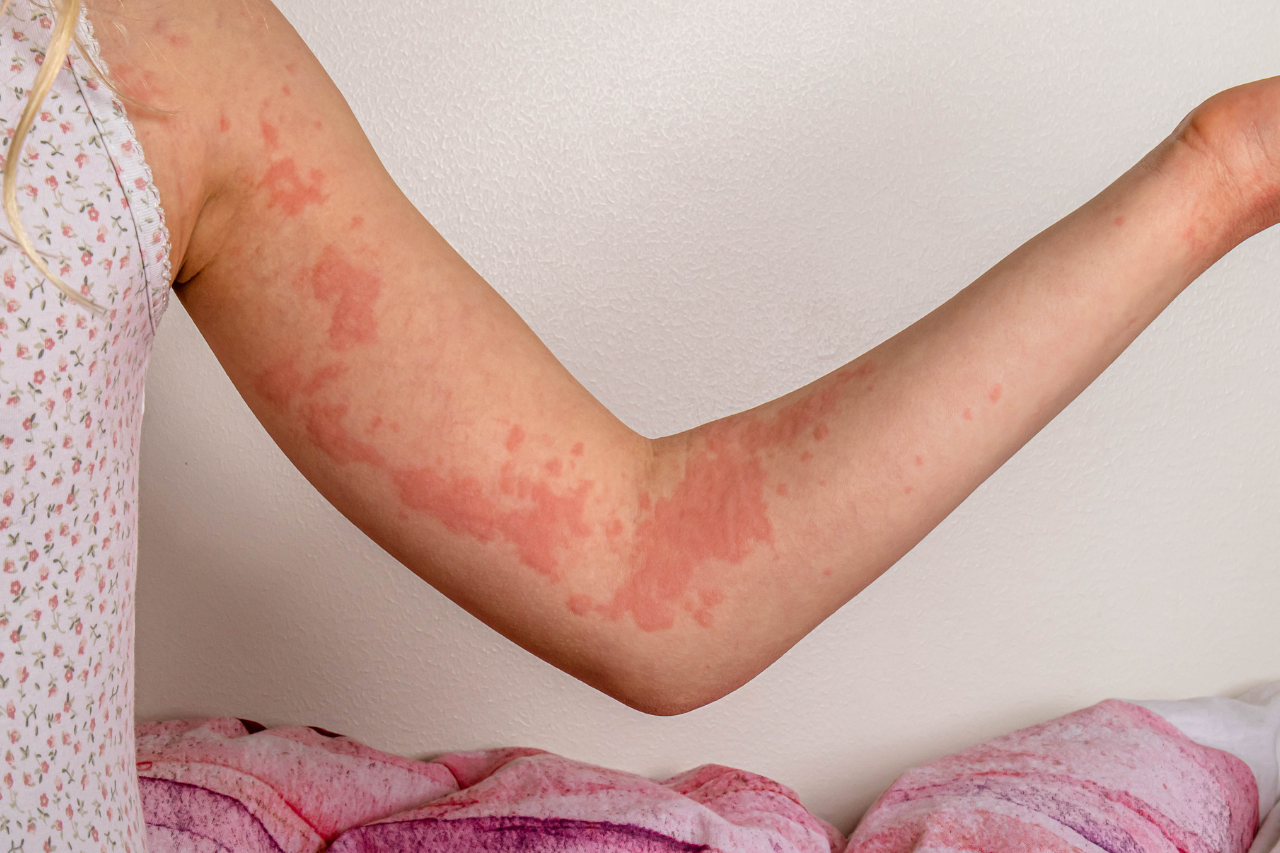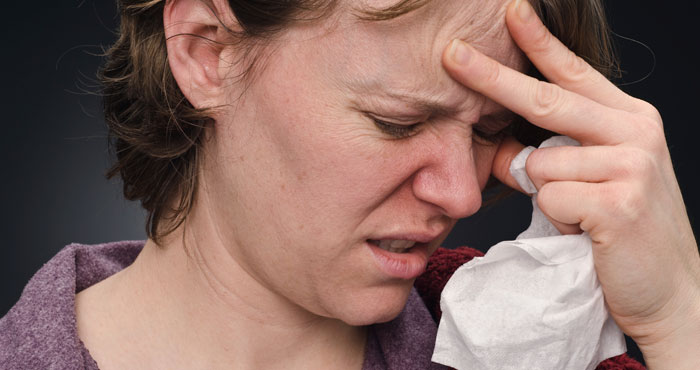Allergic to Spring?

Spring is a lovely season, full of flowers, sunshine and. . .sneezing. That part is no picnic.
With plants blooming and pollen circulating, the season can deliver an assault on the senses. J. Bryan Grumley, M.D., with Baptist Health Urgent Care – Charlestown Road in New Albany, Indiana, explains what makes spring a little stuffier than most seasons and gives advice on how to cope.
“We live in one of the worst regions of the country for seasonal allergies, and it seems to be worsening every year,” said Dr. Grumley.
What’s making you sneeze — allergies or something else?
The telltale signs of allergies include:
- Coughing
- Itchy and watery eyes
- Sneezing and sinus congestion
Other symptoms can include ear fullness (which feels like clogging and popping) and dark under-eye circles.
- Fast fact: If you’re suffering from allergies, you won’t have fever or chills. Those symptoms are much more likely to occur with a cold or the flu.
“Allergies can cause symptoms quite similar to the common cold, and some of the treatments are the same,” added Dr. Grumley. “But with allergies, avoidance of triggers is especially important, and this is where an allergist can help. Some patients develop a secondary sinus infection caused by bacteria, but this is less common than many of us presume. Antibiotics can help treat the bacteria, but other medicines are used for cold, allergies, and the flu.”
What’s making you sneeze: Plants and pollen
Pollen and ragweed are very common allergens in the region. Avoiding pollen is one strategy to keep you from sneezing and sniffing. You can check local pollen counts on websites such as the American Academy of Allergy, Asthma & Immunology (pollen.aaaai.org) before heading outside.
- Fast fact: You can be tested to learn about specific allergens that affect you. Once you know what bothers you most, an allergist can give you shots on a regular basis to help you develop immunity.
What to do:
Inside your house:
- Use the air conditioner rather than opening the windows, so pollen doesn’t get inside.
- If you wear shoes inside, vacuum and dust regularly.
- Buy HEPA filters for air conditioners and furnaces, since they are specifically designed to help with allergies.
What’s making you sneeze: Mold and mildew
In some places, mold and mildew are mainly an issue in the wintertime, when plants are decomposing.
- Fast fact: Kentucky and Indiana spring and summers can get a decent amount of rain which encourages the growth of mold and mildew.
What to do: Use a dehumidifier to decrease moisture, because mold and mildew thrive in humid environments.
What’s making you sneeze: Dust and dander
Dust mites and animal dander are big culprits for allergies as well.
- Fast fact: Selecting a pet breed that does not trigger allergies can be one solution to the problem.
What to do: For dust mites, vacuuming, dusting and washing bedsheets in very hot water are preferred treatments.
If you’re allergic to your own pet, talk to an allergist about shots, unless you’re willing to find a new home for your animal.
Get care now
For allergies, sinus infections, colds and more, save your spot in line at one of Baptist Health’s Urgent Care locations throughout Kentucky and Southern Indiana.



